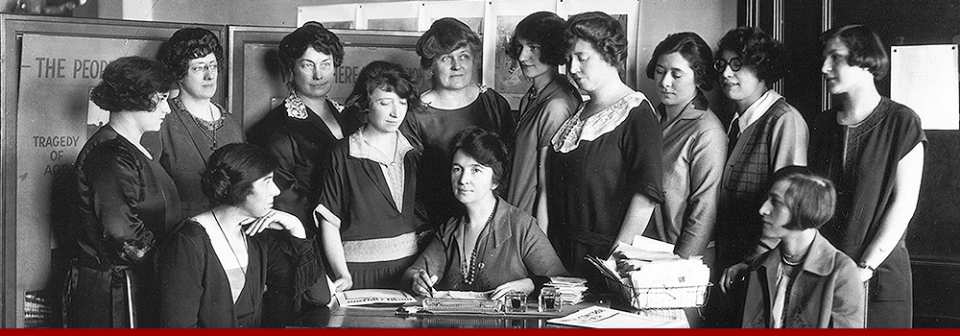The University of British Columbia recently conducted a poll of liberal Democrat and conservative Republican academics in an effort to find out whether they share any common moral ground. The study showed participants photographs of influential historical figures of the 20th Century and asked them to rate them. Researchers were trying to determine whether there were deep divides between American liberals and conservatives. In the main, they found more consensus than they expected.
The study looked for five moral foundations or themes and asked the subjects to rate whether each person embodied the following moral foundations:
- Care, or “basic concerns for the suffering of others, including virtues of caring and compassion.”
- Fairness, or “concerns about unfair treatment, inequality, and more abstract notions of justice.”
- Loyalty, or “concerns related to obligations of group membership, such as loyalty, self-sacrifice and vigilance against betrayal.”
- Authority, “concerns related to social order and the obligations of hierarchical relationships, such as obedience, respect, and proper role fulfillment.”
- Purity/sanctity: “concerns about physical and spiritual contagion, including virtues of chastity, wholesomeness and control of desires.”
They found that liberals and conservatives agreed most often on the first two foundations, care and fairness, but disagreed most on issues of authority and purity. The most divisive figures were those who either challenged or upheld authority. Conservatives rated those who upheld authority more positively, while liberals rated those that challenged authority higher.
And challenge authority Margaret Sanger did! In 1914 she claimed that a woman’s duty was: “To look the whole world in the face with a go-to-hell look in the eyes; to have an ideal; to speak and act in defiance of convention.” (Woman Rebel, 1:1 [March 1914]: 8.)
Sanger may be the kind of figure who is by nature polarizing. Her reform activities challenged the church, the government, and the role women were assigned in society. She had no fear of attracting attention and little patience with those who stood in her way. But she also showed compassion and care for those who needed help controlling the size of their families. She is a rare historical figure who has become more controversial and divisive now, almost fifty years after her death, than she was in her heyday when she was widely regarding as a leading reformer.
From the most divisive to those who most agreed upon:
- Margaret Sanger
- Ronald Reagan
- Margaret Thatcher
- Harvey Milk
- Ho Chi Minh
- Che Guevara
- Eleanor Roosevelt
- V.I. Lenin
- Billy Graham
- Muhammad Ali
- Robert Kennedy
- Winston Churchill
- Pope John Paul II
- Ayatullah Khomeini
- Mikhail Gorbachev
- Charles Lindbergh
- Mao Zedong
- Teddy Roosevelt
- Marilyn Monroe
- Franklin Roosevelt
- Martin Luther King
- Nelson Mandela
- Princess Diana
- John F. Kennedy
- David Ben-Gurion
- Mohandas Gandhi
- Rosa Parks
- Andrei Sakharov
- Emmeline Pankhurst
- Mother Teresa
- Bill Wilson
- Lech Walesa
- Helen Keller
- Anne Frank
- Tenzing Norgay
- Bruce Lee
- Jackie Robinson
- Edmund Hillary
- Adolf Hitler
- Pelé
For more see the UBC press release or the study itself.




Excellent post! You came to my side of the world – Vancouver! Will be reviewing the research!